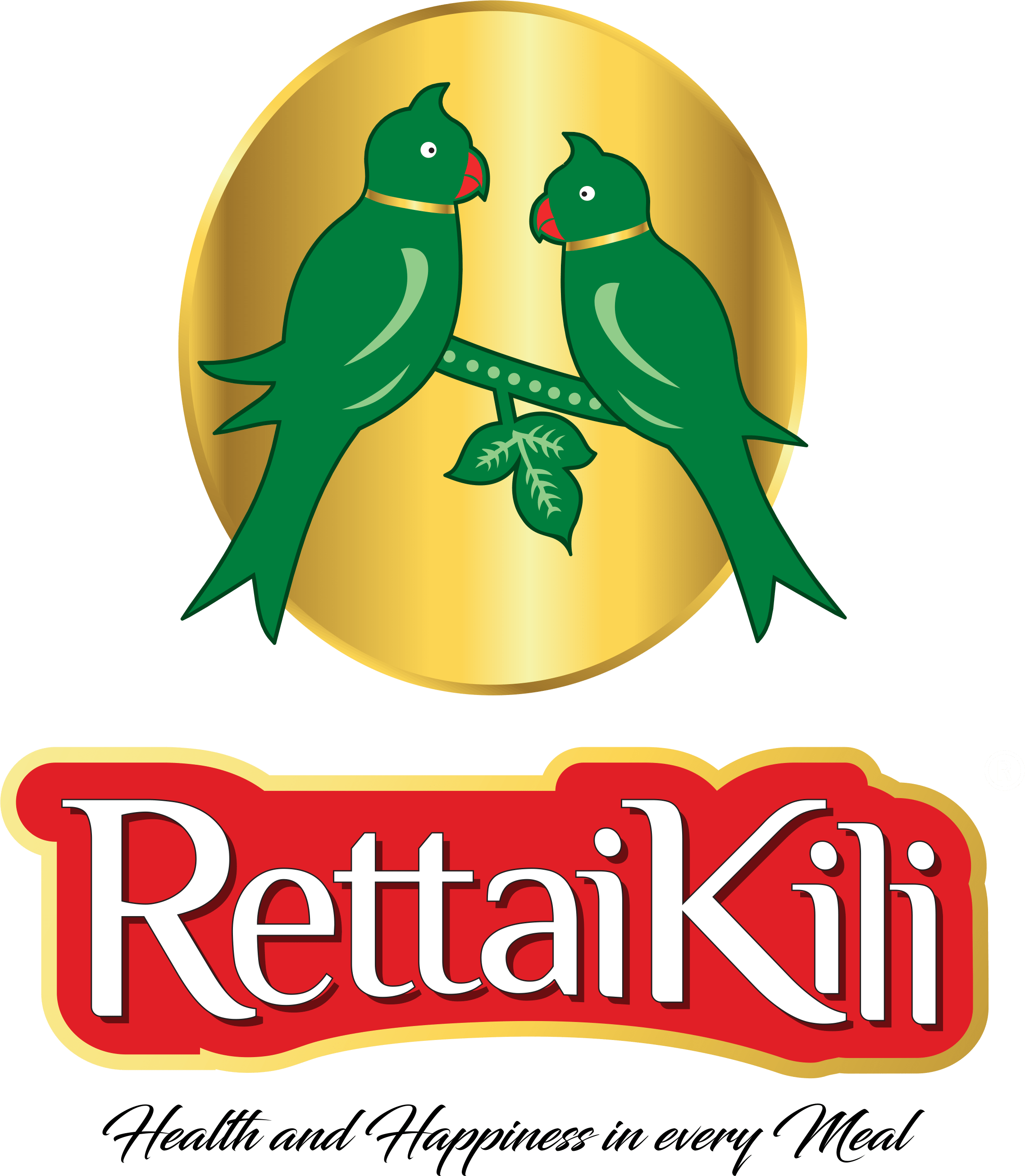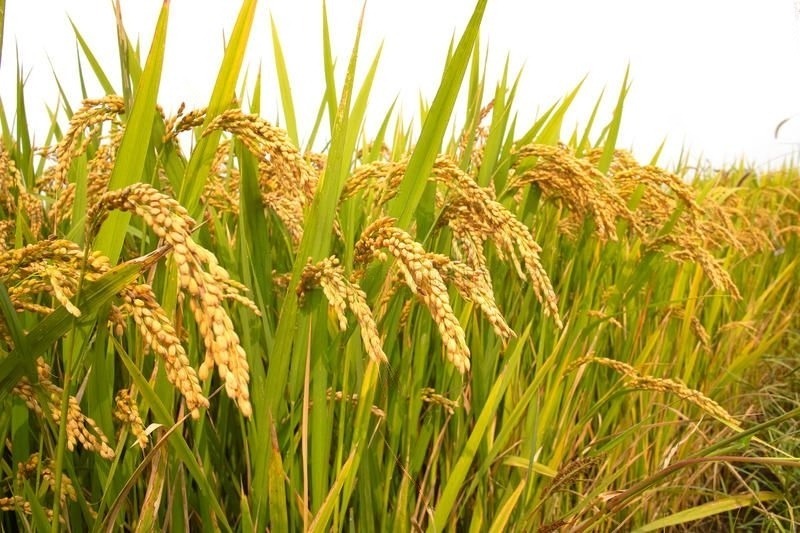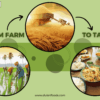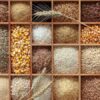Introduction: Sustainable agriculture integrates ecological processes and strives for economically viable, environmentally friendly practices that prioritize public health. Explore the world of sustainable rice farming and its vital role in modern agriculture.
The Significance of Sustainable Rice Farming: Beyond economics, sustainable rice farming emphasizes the efficient use of resources, resulting in nutritious food and improved farming methods. It encourages innovation and eco-friendly practices, benefitting farmers and the environment.
Supporting Small Farmers: Adaptable sustainable practices are ideal for resource-limited small-scale farmers, offering them tools to enhance their livelihoods.
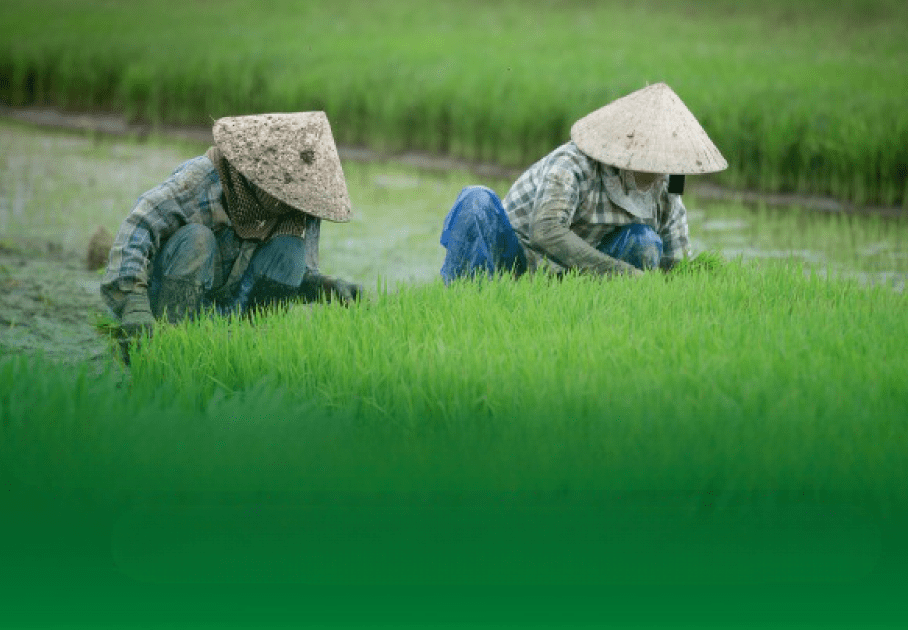
The Sustainable Rice Cultivation Process:
- Soil Fertilization: Sustainable farming includes adding organic fertilizers like crop waste and animal manure to enrich the soil, promoting recycling.
- Water Management: Sustainable practices such as shallow cultivation and water control methods prevent water loss due to flooding.
- Pre-Planting: High-quality local seeds are essential for achieving a productive crop.
- Growth Practices: Rice can be directly sown or transplanted, depending on location, soil type, and available resources.
- Harvesting: Proper harvest practices maximize yield and minimize losses, ensuring grain preservation.
Precise implementation of these practices enhances yields, reduces losses, and promotes sustainable rice farming, ensuring a consistent supply of high-quality rice.
